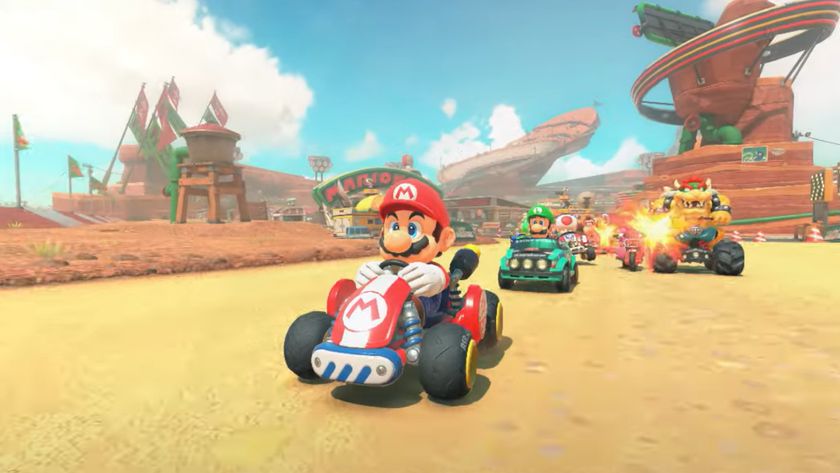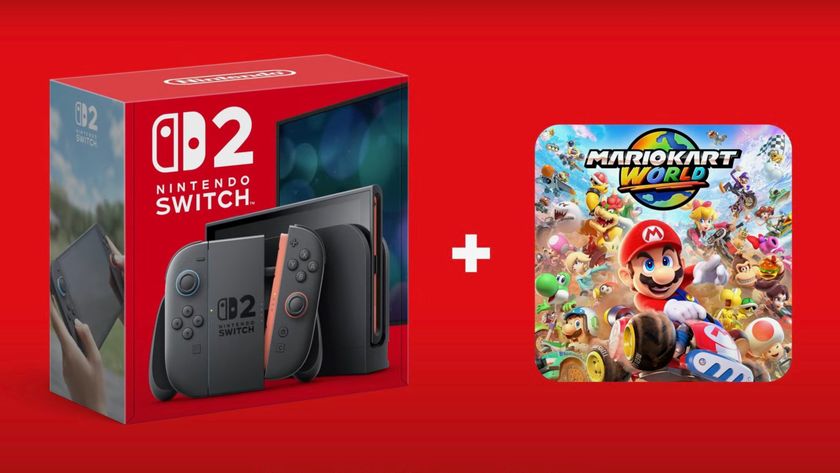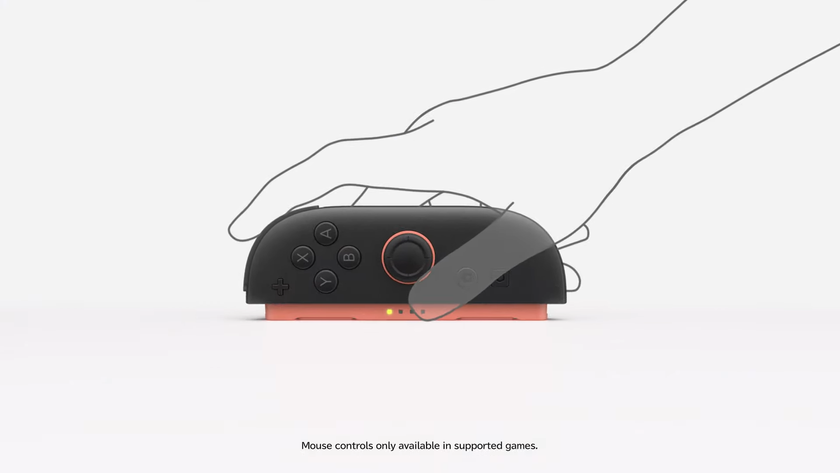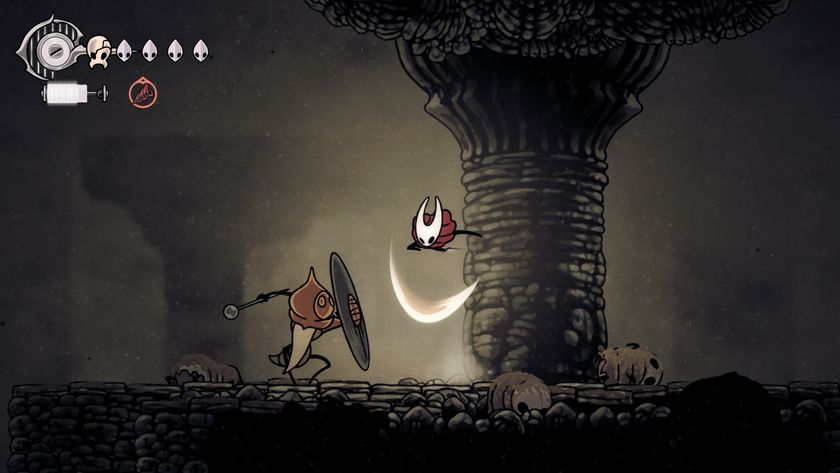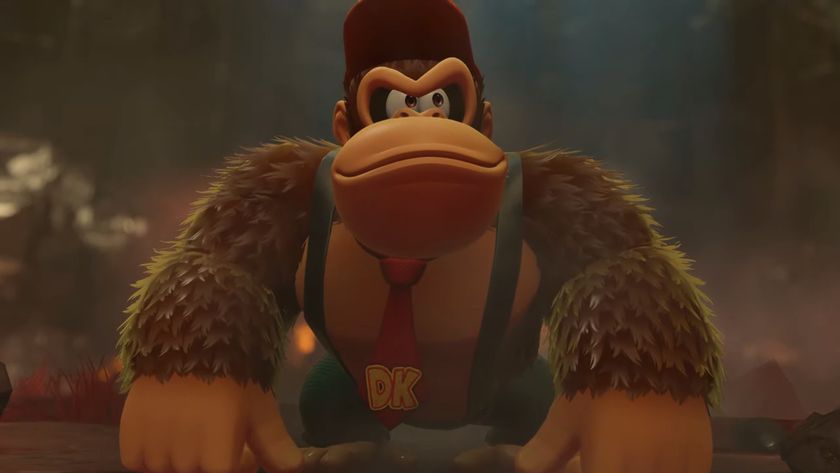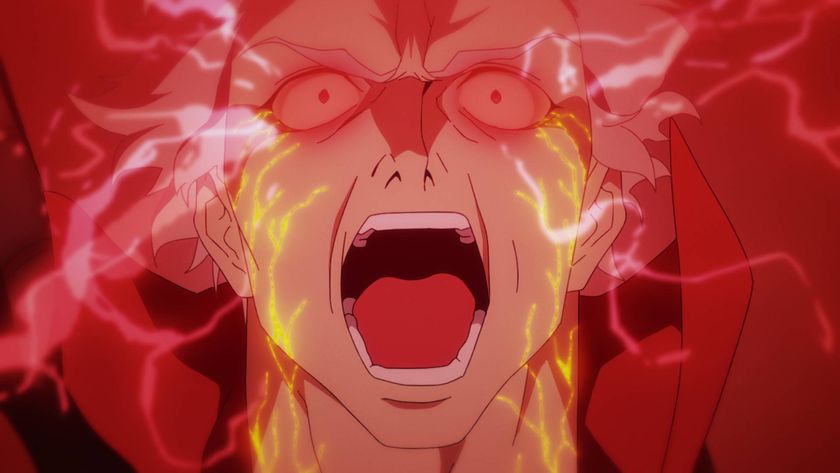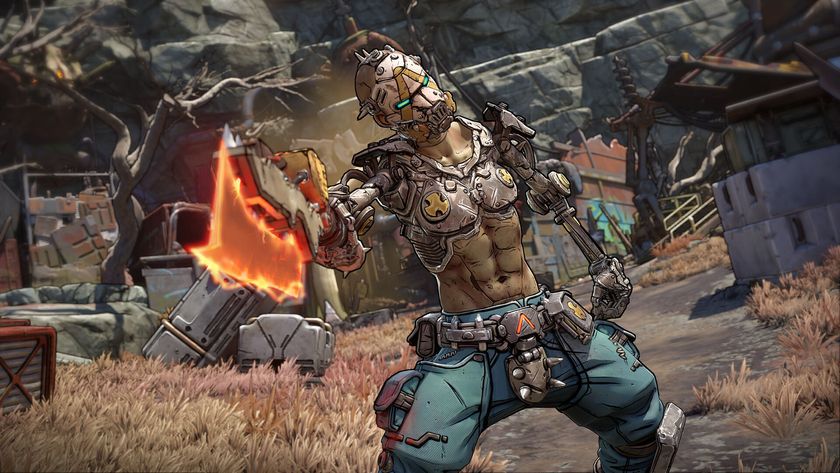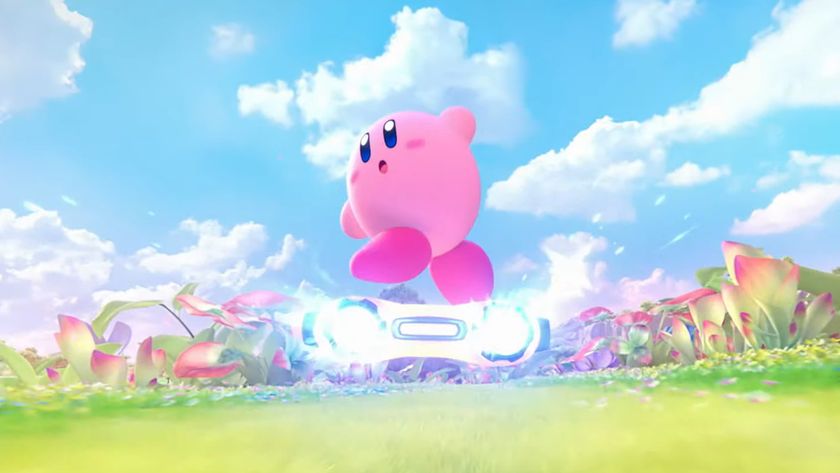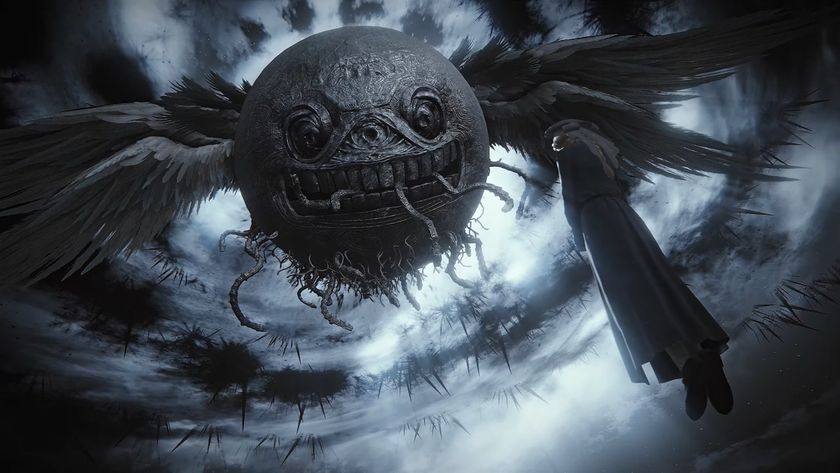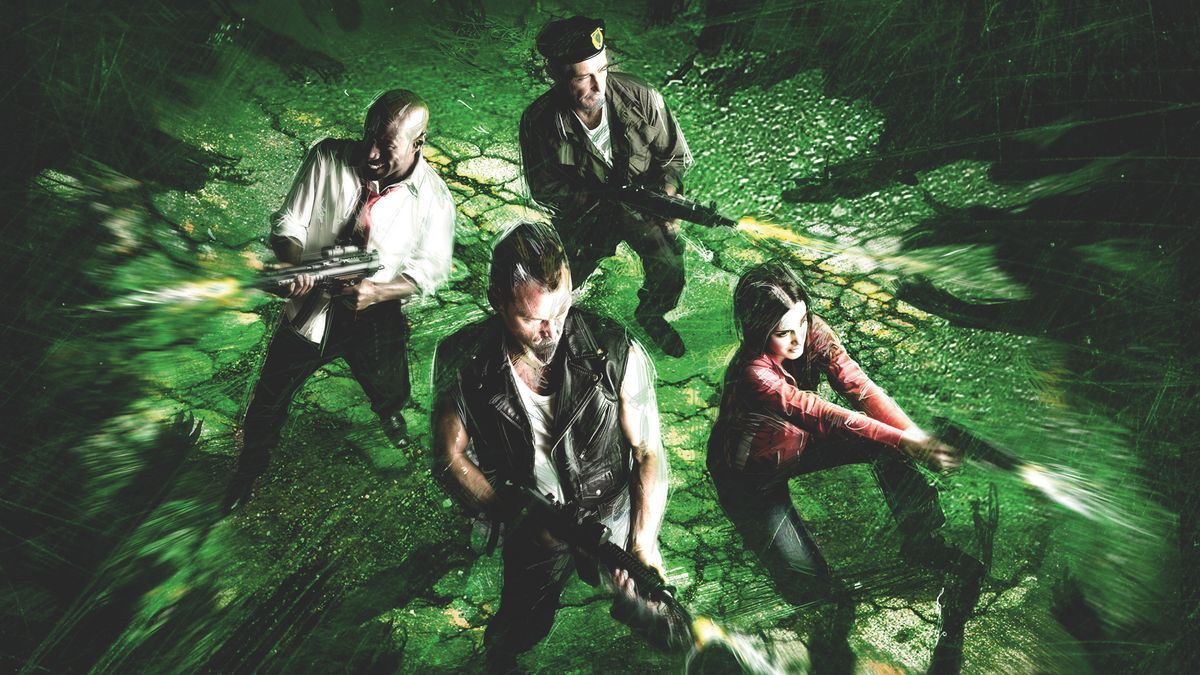
The creator of Left 4 Dead says the reason its sequel came around so quickly is that the original game was so broken nobody at Valve wanted to work on it any longer.
In an interview with Game Developer, Valve veteran Chet Faliszek discussed the speedy turnaround between Left 4 Dead, which launched in 2008, and Left 4 Dead 2, a full sequel that arrived barely a year later. According to Faliszek, the reason for the turnaround is that "Left 4 Dead was such a broken thing that nobody wanted to touch it."
Valve had pulled a lot of things together to turn Left 4 Dead into the phenomenon that it became, but even then, Faliszek admits that "I don't think outside people can appreciate how broken the Left 4 Dead engine was but still shipped." Maps would load multiple times, and an attempt to fix that problem would see survivors randomly disappear from the game.
That kind of programming calamity is the main reason why Left 4 Dead 2 was pitched as a full sequel. Left 4 Dead was broken by Faliszek's own admission, but Valve was moving so fast that "if it meant breaking something horrible, where you had to load a map [two] or three times but you could playtest it today, we did it." Eventually, Valve had built up such a hardware debt for itself that it was forced to move on.
"There was no way you were going to support mods for Left 4 Dead in the same we did for Left 4 Dead 2 without a big reset," Faliszek claims. Later in the interview, he praises the "insane" breadth of L4D2's modding community, but says that for that community to have gotten its start, "that had to be on Left 4 Dead 2. Left 4 Dead 1 would not have supported that. It would have been crashy, crashy, crashy."
The behind-the-scenes chaos of game development is no surprise at this point - Valve is far from the only company to offer stories of one piece of tech unravelling an entirely separate part of the game (one of my favorite such stories is that of how Skyrim's intro was nearly destroyed by an unstoppable bee). But it's far more rare to see one game's technological failings translate into a sequel barely 12 months out from the original. Faliszek acknowledges that situation and the amount of work that went into it, saying “when people kill themselves to ship a game, you don't really want to say that there were problems with it. It was a lot of patching and Bondo-ing to get it through the door. To be appreciative of that, I’d rather just have somebody mad at me because they thought it was my idea.”
Need to pop some heads? Here's our list of the best zombie games.
Sign up to the 12DOVE Newsletter
Weekly digests, tales from the communities you love, and more

I'm GamesRadar's news editor, working with the team to deliver breaking news from across the industry. I started my journalistic career while getting my degree in English Literature at the University of Warwick, where I also worked as Games Editor on the student newspaper, The Boar. Since then, I've run the news sections at PCGamesN and Kotaku UK, and also regularly contributed to PC Gamer. As you might be able to tell, PC is my platform of choice, so you can regularly find me playing League of Legends or Steam's latest indie hit.
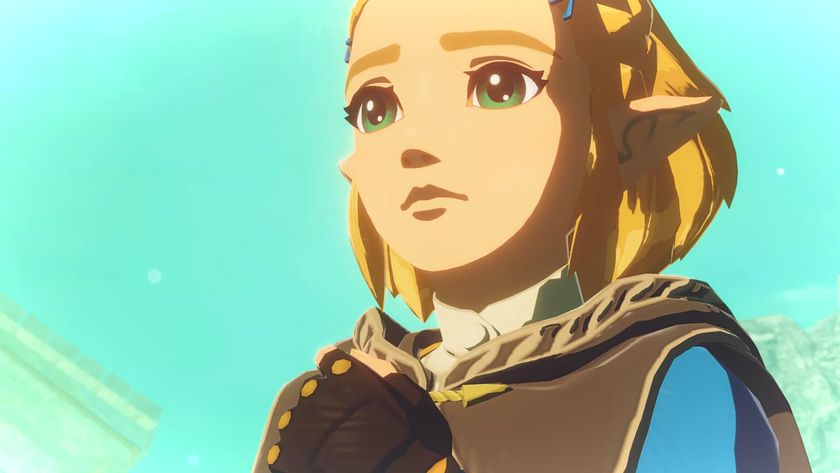
Nintendo Switch 2 Direct reveals Hyrule Warriors: Age of Imprisonment, a Legend of Zelda spin-off set before Tears of the Kingdom
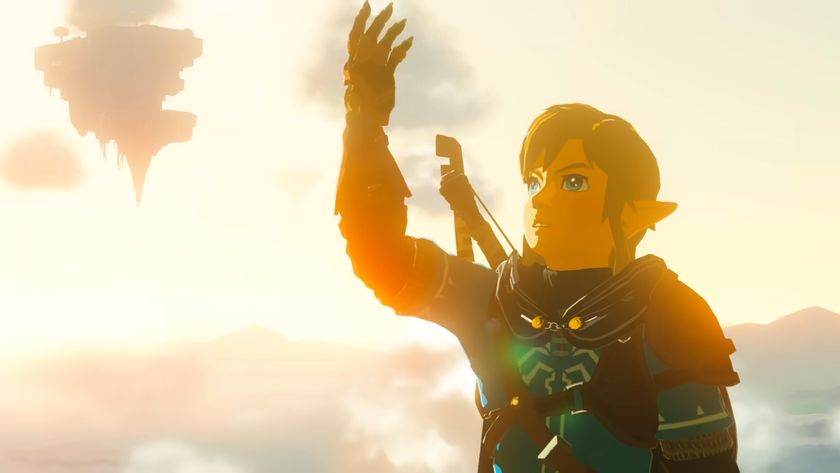
The Legend of Zelda: Breath of the Wild and Tears of the Kingdom are getting enhanced Nintendo Switch 2 Edition releases, with improved frame rate, resolution, and more
